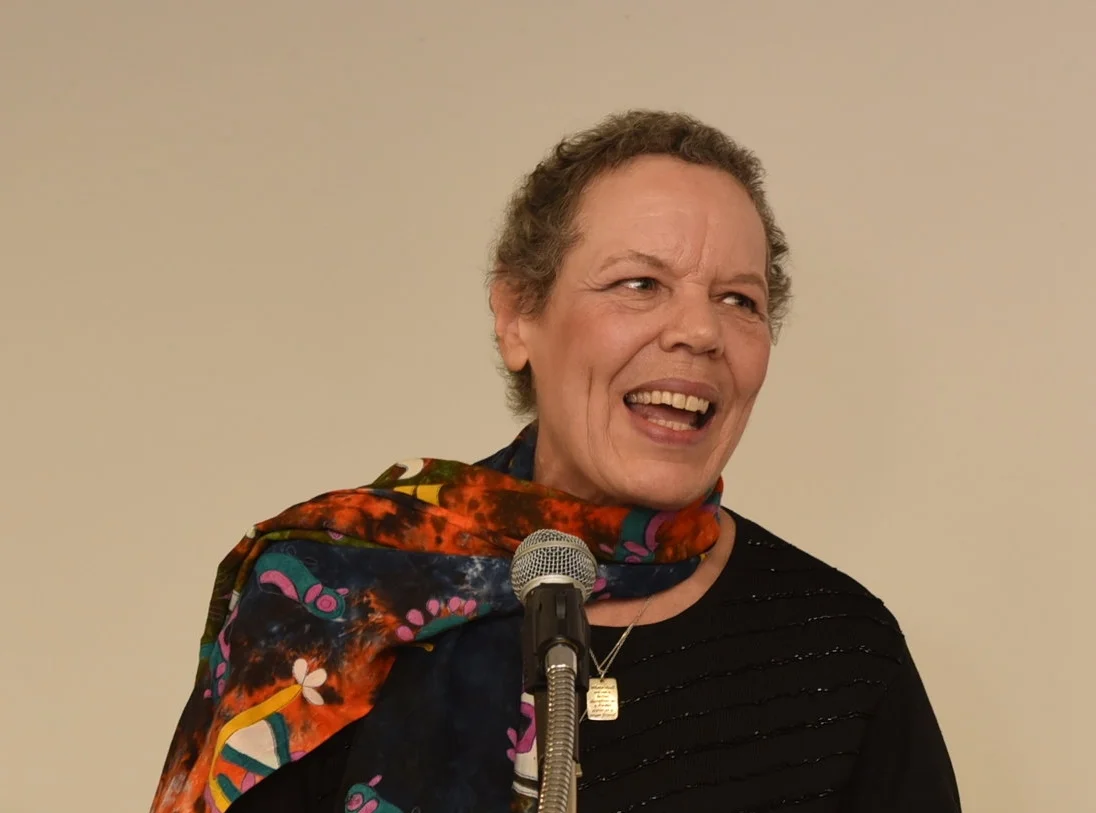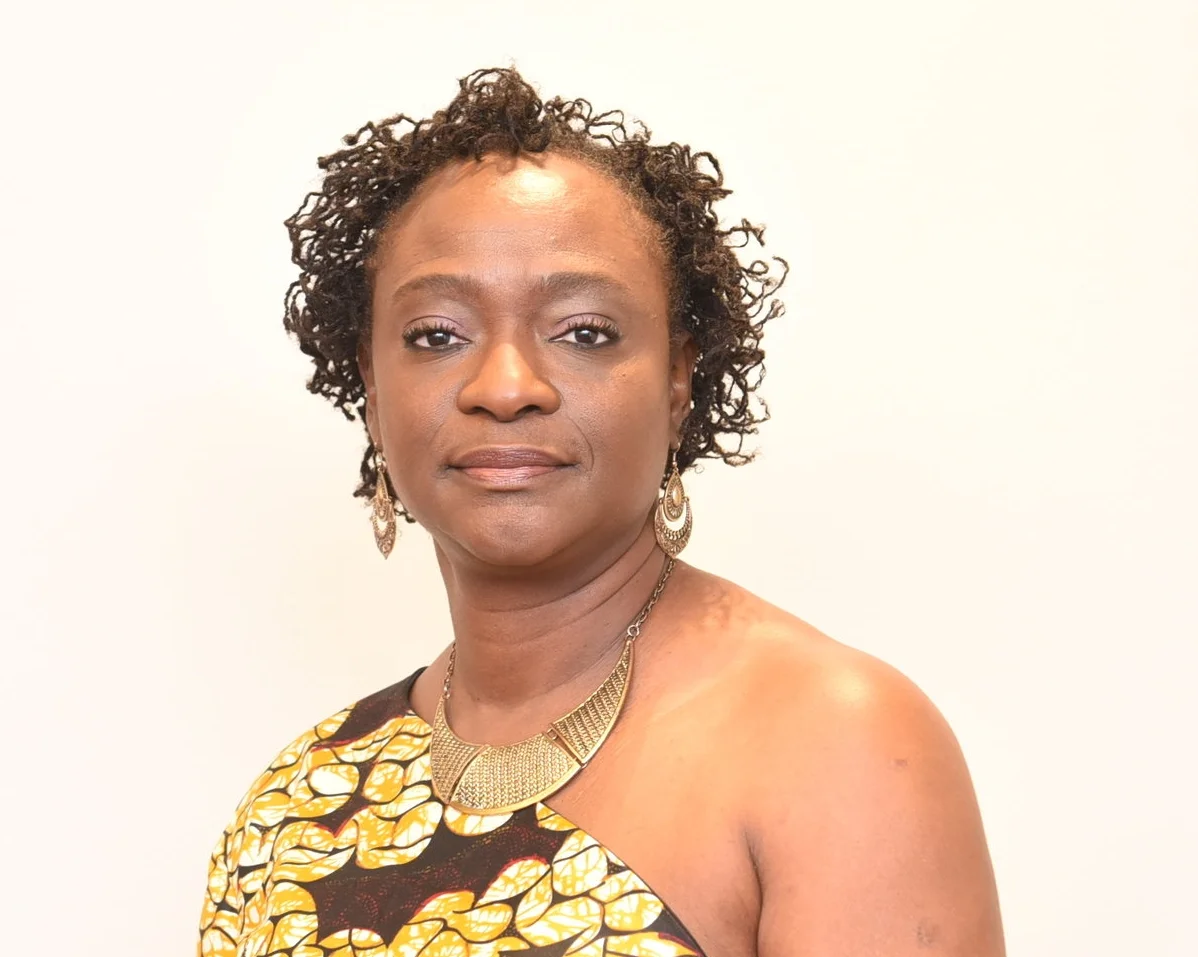Classical composer and violinist revers Glenn Gould
February 8, 2018
With a huge fondness for classical music, celebrated Canadian pianist Glenn Gould stood atop Bentley Forde’s list of performers.
In his native Barbados, the York Region District School Board educator often tuned in to the Canadian Broadcasting Corporation (CBC) on his short wave radio to listen to Gould, considered the greatest piano virtuoso of the 20th century, perform his spiritual renditions of Bach.
“I believe that, in the ultimate universe, my dad really wanted to be a concert pianist,” swears his son, Andrew Forde, who was born and raised in the Greater Toronto Area. “Growing up, there was always music around and Glenn Gould was a staple of that. When it came to listening to especially Bach performances, it was always a recording of Gould that my father would play.”
The apple never falls from the tree.
The younger Forde, an award-winning violinist and acclaimed composer, has a keen interest in Gould’s work.
To celebrate the late musician’s 85th birthday last September, he released a new song, ‘Branches’, which combines the classical music that Gould was revered for with contemporary hip hop. It’s the first single from his new album, ‘Ideas of North’.
On February 9, Forde and The Ghost Tapes will celebrate Gould’s enigmatic genius in a one-night concert at Telus Centre’s Koerner Hall, starting at 8 p.m.
The talented quintet comprises two pianists, a drummer, guitarist and violinist.
“We wanted to do something different in the music space,” Forde said. “The reason we are called ‘The Ghost Tapes’ is because a big part of what we try to do is create music that make people reflect about their lives, things that are important to them and things they may have forgotten. It is really about being nostalgic and creating kind of sonic landscapes that give people an opportunity to hear themselves think. It’s basically unreconciled feelings of your past that we are trying to conjure.
“With this particular project, we are using the philosophies of Glenn Gould and not any of his recordings. We are using more of his thoughts on audiences, concerts, music and life in general. We have created music that speaks to each of those things through his perspective. The show is going to be a manifestation of all of those things.”
Andrew Forde
Forde promised that concert goers will get more than they bargained for.
“This production extends beyond just coming and listening to music,” he pointed out. “We have studios putting visuals to the music. Usually when you go and watch a movie, you hear the sound track but you are focused on the film. With this, you are going to be focused on the music, but you will see kind of a visual track that accompanies the music.”
The concert will also feature Indigenous singer/songwriter Iskwe, teenage trumpeter and pianist William Leathers who has been a Toronto Symphony Youth Orchestra member since 2013 and Juno Award-winning alternative rap artist and broadcaster Shad as special guests.
Shad, who has a Master’s degree in liberal studies from Simon Fraser University, and Forde co-wrote ‘Branches’.
“What I like most about Shad is his thoughtfulness,” he said. “When you want to work with any artist, the first thing you want to ensure is that they are able to understand and do justice to your vision. Shad is a well-read and educated brother and when I talk to him about some of the things I want to grapple with in music, he can relate. It is important for me that the music itself is considered art. So Shad and all the artists I work with speak to that kind of ability to create art with what I am trying to do.”
Exposed to the violin at age three while watching the New York Philharmonic perform, Forde got his own instrument on his fourth birthday and began lessons a few weeks later.
Under the direction of virtuoso violinist and teacher Martin Bazarian, he has developed a unique musical style and interpretation while revitalizing the violin’s image and seeking to remove the cultural barriers associated with the instrument.
Originally seen as a limited instrument until Bach came along and wrote harmonies on a single violin, Forde is extremely happy with the choice he made.
“There is something within the sound of a violin that I don’t think can be replicated elsewhere,” the Unionville High School of the Arts graduate said. “What stands out is the frequency that it resonates at and the way a really talented violinist can make you feel as if the instrument is speaking with you, crying or singing to you. And just the grandiose nature of watching a violinist perform is appealing. It is very personal and very intimate. Both hands are being used differently and because you are not blowing into anything, your face is always exposed. All the expression that you are feeling comes out and you could see it. That’s what makes the instrument very unique and special.”
His love of the arts is just as strong as his passion for engineering.
The holder of a Bachelor of Applied Science & Engineering from the University of Toronto (U of T) and a Master’s of Engineering in Innovation & Design from McMaster University, Forde is pursuing a PhD. in Industrial Engineering with a focus on information science, real options, stochastic modelling and engineering ontologies.
The U of T student expects to complete his doctorate next year.
“My research is surrounding essentially the mathematics of selecting good ideas,” he noted. “When you are faced with a decision-making problem and you have to decide out of numerous ideas which ones to put money into and which to invest and pursue, it becomes very difficult when the idea is very radical and very new and there is no historical context to help you make that decision. So you are basically having to select something that doesn’t have a strong basis to help you make that selection. My research focusses on different techniques and ways that that can be done.”
Forde, a former president of the National Society of Black Engineers U of T chapter which was the recipient of the 2010 International Pioneer Chapter of the Year Award, is unsure what he’s going to do with his PhD.
“Who knows?” is his reaction when the question is posed. “The academic lifestyle is one that interests me. Ultimately, my goal in life is to be able to create, whether that’s in music or academia and I don’t necessarily feel like I need to choose between one or the other. I think it’s quite possible for me to create a certain life for myself that allows me to continue my research and music interests in a way that I can do both justice.”
Adept at multi-tasking, Forde has the unique ability to productively engage in several major projects at the same time.
A decade ago while working for the independent electricity system operator responsible for the operation of the province’s electrical system, Forde was tasked with assessing how the province’s Green Energy Act would affect the market and trans-border operations. Through his research, he discovered a wind-farm development opportunity and created a venture to design and manufacture them.
He also was the chief technology officer of Automata, a technology firm that built advanced computational engines for data acquisition and analysis, and founding executive director of The Forde Institute, a non-profit global centre for research in technological innovations.
As a think tank of technological activity that brought together engineers and scientists from Canada and abroad, the institute supported the interaction between real world implementation in other domains, including statistics, medicine, economics and finance.
Through Sommerfeld which is another company he started, Forde – who co-founded the one-week ENGage summer engineering camp at the U of T for under-served young people from marginalized communities -- developed The Electronic Chat which is designed to streamline charting, logistics and patient care in the health care industry.
He’s currently collaborating with a Vancouver-based company on a system that will allow family members to track the care of their loved ones through home health care professionals.
“My business ventures are around engineering technology,” the 2012 Harry Jerome Award winner said. “I partner with groups of people who are bringing new ideas to the market.”
Forde, whose mother – Violet – migrated from Jamaica and is a retired registered nurse, started to explore engineering as an option when enrolled in high school.
“When I was four years old, I wanted to be a garbage collector because I liked the way the guys swung on and off the truck,” he said. “After that, I wanted to be a commercial pilot because I am a huge aviation buff who has attended most of the air shows in North America. When I started high school, I figured I could get a pilot’s license and fly. I didn’t want to spend my entire life doing that, but I still wanted to be connected to technology.”
A participant in a variety of Science, Engineering, Technology & Mathematics (STEM)-related programs, Forde established the Polymath Award for U of T engineering students who diversify their efforts and contribute to the growth of African & Caribbean communities.
The first award was presented in 2014.
Forde has an older sister, Sarah Forde, who is a registered nurse.









